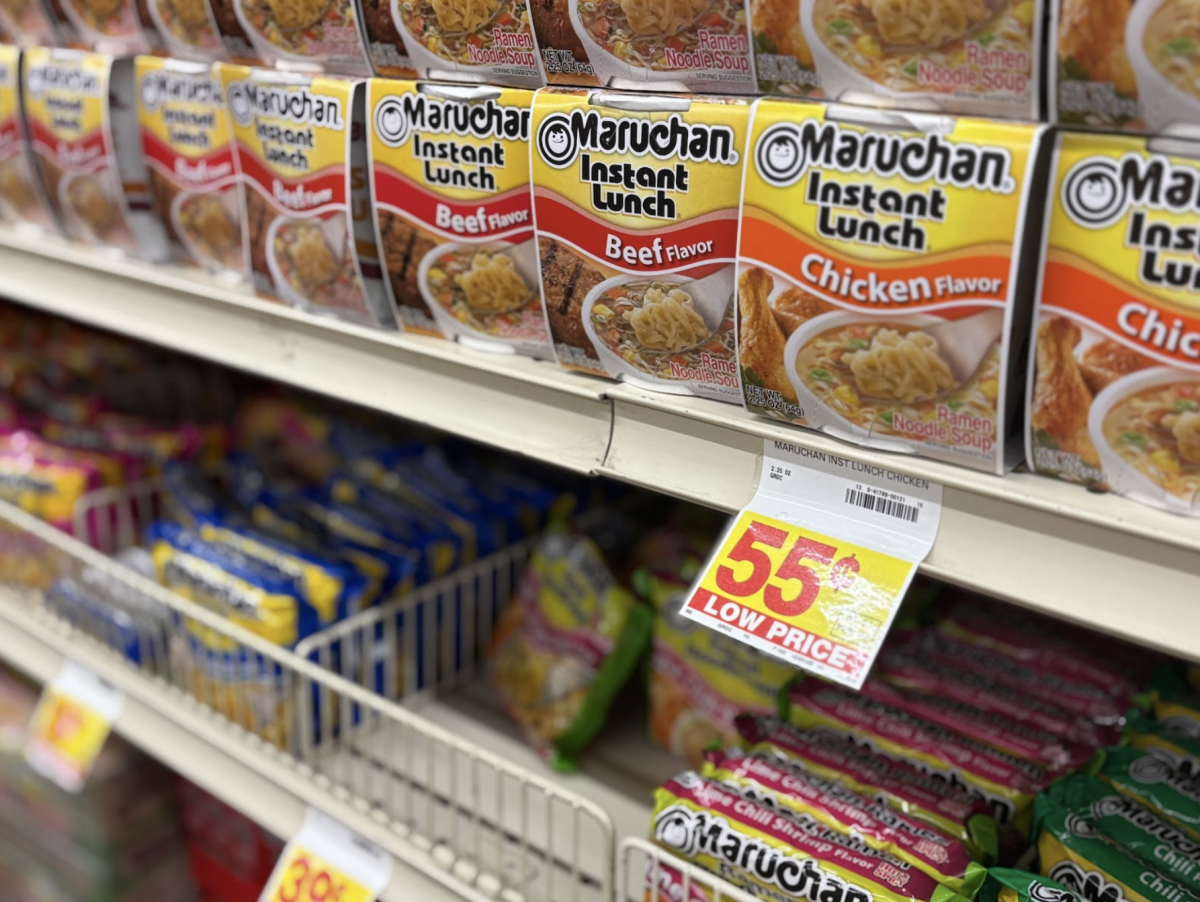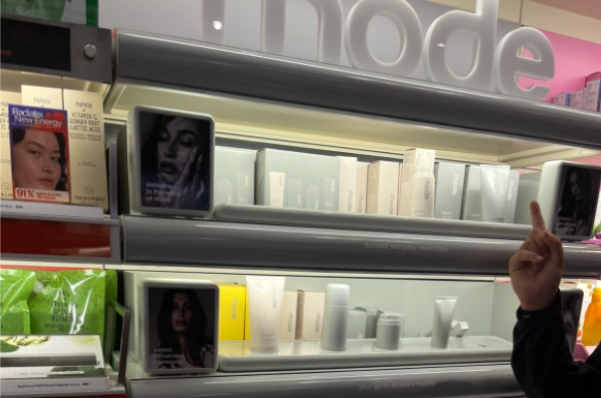Over the past three months, we have watched an economic battle between China and Donald Trump, the president of the U.S. After Trump made the initial decision to increase the tariffs on Chinese goods imported to the U.S., the two nations have gone back and forth. The current numbers stand at 145% on Chinese imports, and 245% on American imports. Just months ago, in late 2024 the U.S. only charged about 19%. This “tariff war” was begun by Trump’s belief that goods used by Americans should be sourced and manufactured in America, as part of his efforts to “make America great again.” However, the rising prices of items such as clothes, electronics, and some foods have been worrying people in the U.S., as they may struggle to afford these things for themselves and their families. While the U.S. is suffering, many nations have also found American tariffs too expensive, and have begun to source materials from China, improving their economy.
Lately, China has begun to make it clear that if the U.S. won’t work with them, they will reciprocate the behavior, and have begun to introduce more strategic moves in this tariff war. Their airports have been told to refuse landing clearance to American-made airplanes, particularly the Boeing 737 Max Jets. With the Boeing company already being faced with questions of product quality control following a door plug being blown off mid-flight, uncertainty following the CEO’s departure, and now this drop in demand, the company’s stock has dropped a full four percent. Furthermore, Chinese airlines and airplane manufacturers have been ordered to stop buying American-made parts for their vehicles.
It is becoming increasingly clear that China makes an undesirable enemy, as their purposeful refusal to export core items needed for manufacturing has made it increasingly difficult for companies to sell their products affordably, and has caused a shortage of some items. Among these resources are rare earth exports such as terbium and dysprosium, which are essential components of electric vehicles, such as Teslas. This decision will not only heavily impact multiple EV companies, but also disrupt global supply chains.
Chinese merchants have begun their own type of retaliation in a more creative way. Manufacturers have flooded social media sites like TikTok and Instagram with videos of how and where popular and “luxury” brands source their products, before marking them up as high as 90%. Many of the videos provide links or websites that show where Americans can buy the products at affordable prices directly from the supplier. There have been multiple videos showing how Lululemon leggings, which retail from $80-$100 can be produced for only 5-6 dollars in Chinese warehouses. Although Lululemon has stated that they don’t buy from the listed suppliers, their patterns are widely available, and many other manufacturers are able to recreate them.
The Saugus Scroll asked freshman Dublin Bell how she felt that the tariffs were affecting her everyday life. “When I go to the grocery store with my family, a lot of the things we need like fruits or meals cost so much more, and suddenly we find ourselves paying a lot more for the items we usually buy. When I shop on Amazon, everything is getting so expensive, and I think that shipping has been taking a lot longer.” In my own life, I used to buy fruits and greens for my bearded dragon, and usually didn’t use them up in time. Now, I am more careful to only get small amounts in order to save money. These tariffs are affecting everyone, from citizens of China to American lizards, and as we can see, both countries don’t seem likely to give up in this war.













